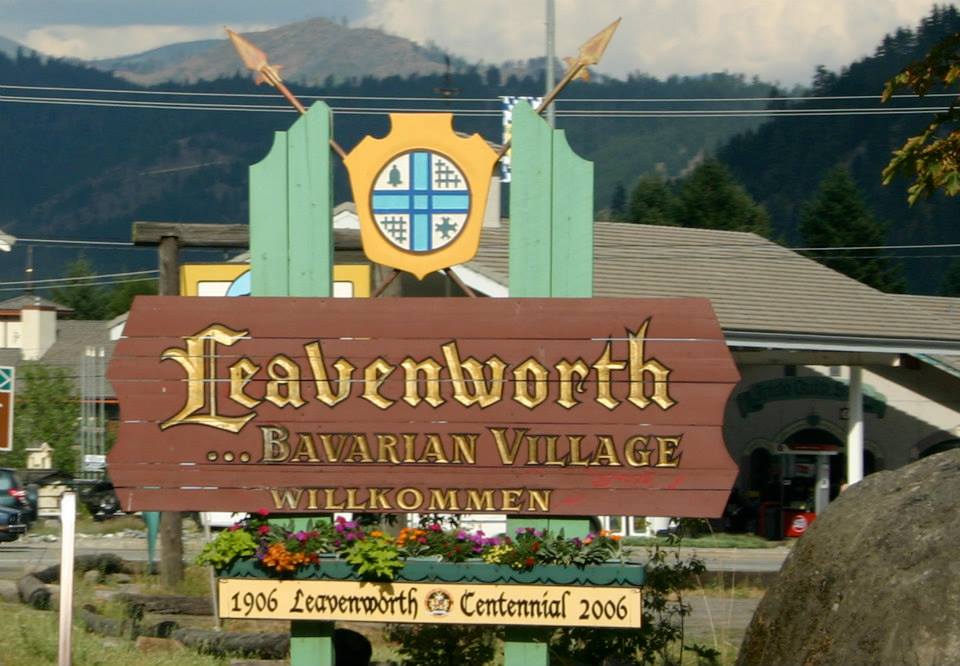Strategies for Managing a Rental Property
Strategies for Managing a Rental Property

For most people, having a rental property is classified as a source of passive income. See, unlike your regular job, renting out your property doesn’t require as much active involvement. After all, you don’t have to see your tenants every day and they certainly don’t report to you. But what they don’t tell you is the amount of work that comes with it.
Rental properties don’t just manage themselves. Sure it would be nice if your tenants clean up the property after they’ve left. But how else are you going to pay the mortgage and utilities? Whether you already have experience being a landlord or are thinking of becoming one, here are strategies for managing rental property.
Ensure Relevant Information About the Property Is Posted
If you post advertisements of your property online, make sure all relevant information about it is available for prospective tenants to see. It includes how much rent you charge, amenities included, and even nearest landmarks and transportation systems. You should also post pictures of the property. You don’t have to hire a professional to style it, you could try virtual staging if you want to save on costs - perfect if you’re on a budget. Remember, nobody wants to be blindsided, and posting the complete information prevents people from bombarding your email or social media as well.
Brush Up On Your People Skills
When you have a property up for rent, you must learn to be sociable. This doesn’t mean being buddy-buddy with your tenants but be pleasant and polite enough not to scare them away. More than the state and cost of the house or apartment, tenants also consider whether their landlord is approachable and considerate.
Listen To Tenants Concerns
Being the one in charge of your property, you should take it upon yourself to actively listen to their concerns about the house they are renting as well as any of their general inquiries. Don’t be afraid to ask for feedback on how their stay could be improved. You should also take note of common issues they’ve encountered such as a leaky faucet or a faulty heater. This shows that you care about their comfort during their stay. This will also likely increase tenant retention and maybe even land you a few recommendations to their families and friends.
Establish Rules with Tenants
Tenants can either be a pain or a pleasure to work with. This could range from a tenant that’s a little careless with the appliances, one that doesn’t pay on time, to one that leaves the place spotless. To spare yourself from a potential headache, be upfront about any house rules the tenant must follow when renting your property.
Have a Written Agreement
When you can, try to draw up a contract to ensure you have your bases covered. Even if you have already had a verbal agreement, having a written one ensures both you and your tenant’s protection. There, you could stipulate the rental period, due dates for rental payment as well as any penalties for possible damages to the property they might have incurred. Having a contract means you can explicitly state your reasonable expectations from the tenant and they are bound by law to follow them. Though, be sure to have it checked and notarized to ensure its legality.
Decide on the Duration of Rent
Depending on the kind of property you have, you could aim for short or long-term tenants. Short-term rent is ideal if your property is near commercial establishments, making it ideal for tourists or families on vacation for a few days with the longest spanning to a few weeks. You could even enlist the help of vacation rental management companies, to help look for leads and score competitive prices. But if you’re looking for a steady stream of income, then opt for long-term rent. It could take place anywhere from 6 months to a few years. That way, you don’t have to worry about where to find the budget for your mortgage payments or looking for the next tenant to fill in the vacancy.
Make Frequent Property Inspections
Depending on the kind of property you have, you could aim for short or long-term tenants. Short-term rent is ideal if your property is near commercial establishments, making it ideal for tourists or families on vacation for a few days with the longest spanning to a few weeks. You could even enlist the help of vacation rental management companies, to score competitive prices. But if you’re looking for a steady stream of income, then opt for long-term rent. It could take place anywhere from 6 months to a few years. That way, you don’t have to worry about where to find the budget for your mortgage payments or looking for the next tenant to fill in the vacancy.
Be on Top of Your Finances
Owning a rental property goes beyond managing the actual property but the financial aspect as well. This means being updated on paying your taxes and mortgages. It is perhaps the least appealing part in managing a rental property but one that needs to be done. If you are a new landlord, there is no shame in hiring a professional to do the books for you. That way you could easily keep track of how much money your property is making, how much of that goes into repairs and maintenance, utilities, as well as paying off mortgages.
Conclusion
Managing a rental property need not be stressful even if you are a newbie to the scene. Keeping important things in mind such as making sure relevant information is posted in your advertisements, being concerned about the welfare of your tenants, making regular inspections on your property, and being updated on your mortgage payments are just some of the ways in which you can ensure renting won’t be a pain in the neck. Once you’ve established a routine, then renting out your property will be a breeze.
Suggested Find Rentals Articles
Maui Film Festival in Wailea
June -
Wailea Hawaii
Seaside Area Northern Coast of Oregon
Seaside Area Oregon
Travel Guide
Keystone, Colorado, White Snow and Golden Sun
Keystone Colorado










